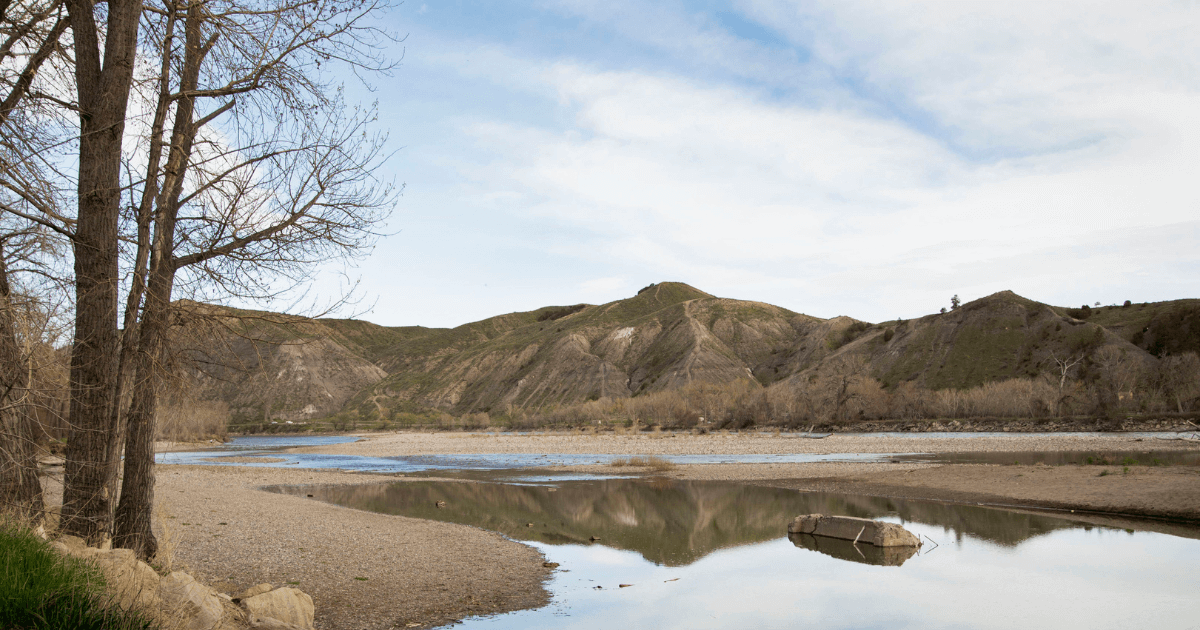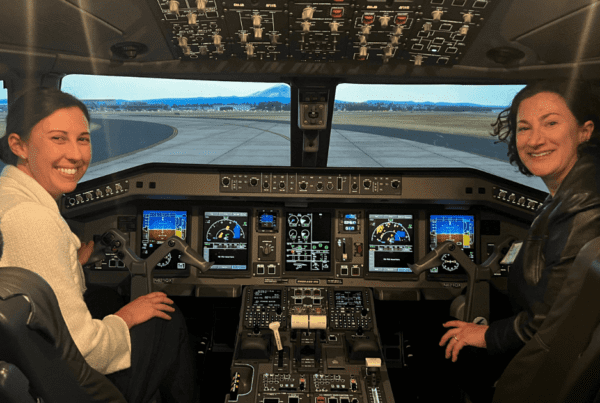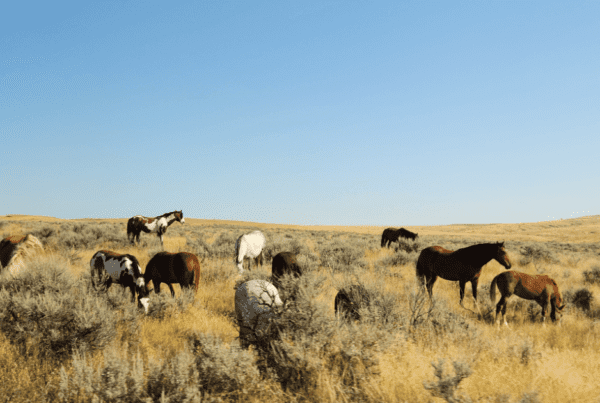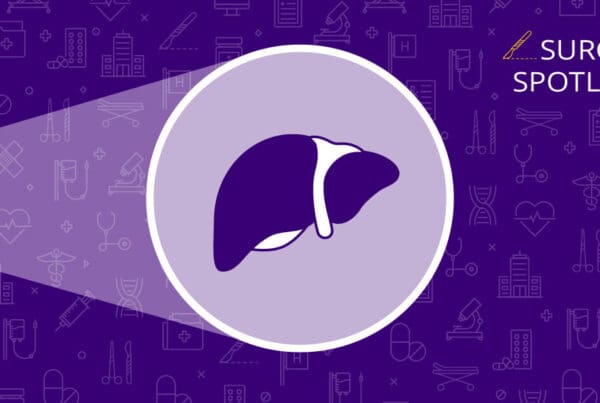Highlights | Surgical training in rural communities
- A newly formed program gives general surgery trainees a chance to learn new skills in rural settings.
- Hannah Wild, MD, is the inaugural rural surgery residency trainee and plans to turn her experience into a career in humanitarian care in conflict settings.
- UW Medicine is focused on enhancing the quality of care provided in underserved areas throughout the Washington, Wyoming, Alaska, Montana and Idaho (WWAMI) region.
From her earliest memories, fourth-year general surgery resident Hannah Wild, MD, recalls a strong desire to help people in what she has come to describe as “low-resource settings” and war. But in the mid-1990s, when Wild learned of the Rwanda genocide, the phrase “low-resource settings” wasn’t part of her vocabulary.
“All I knew then as a very young child was that I couldn’t picture a world in which I could stand by and watch similar atrocities without devoting my life to doing something about it,” Wild says.
As far back as grade school, she knew she was going to be a doctor. Wild has since focused her path on surgery and, after training, plans to provide humanitarian care in conflict settings.
She’s getting the training she needs to do just that in what would seem an unlikely location: rural Montana.
Wild is the first trainee in UW Medicine’s new rural surgery training program. This program — called the Billings-UW Rural Surgery Track — is a partnership with the Billings Clinic in Billings, Montana.

Hannah Wild
Through the program, which trains physicians and enhances the quality of care in underserved areas throughout the Washington, Wyoming, Alaska, Montana and Idaho (WWAMI) region, Wild and Billings Clinic faculty see patients at rural critical access hospitals throughout Montana and Wyoming.
Turning limited resources into an opportunity
Wild matched with UW Medicine’s General Surgery Residency program. At Harborview Medical Center, a Level I trauma center, she knew she would have the opportunity to work with underserved patients and gain many of the skills she was looking to build to one day work in war zones.
Although critical to her long-term goals, that experience wasn’t all Wild wanted or needed to prepare herself for a career in war surgery.
“Even in war zones, the most commonly performed operation is a Caesarean section,” Wild says. “Yet most general surgery residents graduate without having performed a single one.”
Recognizing this gap in her clinical training, Wild sought a solution that would equip her with the surgical skills needed for humanitarian and conflict settings. These skills include not only emergency obstetrics but also basic orthopedic and even emergency neurosurgical procedures.
Early in her residency, Wild shared her desires and career goals with the program directors. These discussions aligned with the goals they had for the Rural Surgery Track, which was in its exploration phase. The program launched in 2023 with Wild as the first trainee.
Through her experience thus far, Wild has witnessed firsthand the challenges rural communities face with limited resources.
“The difference between rural and urban surgical practice is striking,” Wild says.
Working at rural critical access hospitals has helped her gain a deeper understanding of the resourcefulness required to sustain patient care in such settings.
“It’s pretty difficult to understand the resource constraints until you’ve worked there. A serious trauma, for example, can easily exhaust a rural blood bank. And even weather can put you in a situation where you need to keep a patient alive overnight with limited staff due to an inability to transfer to a higher level of care,” Wild says.
It’s all good preparation for what’s ahead, she adds.
“Through this program, I’m able to immerse myself in a much broader range of surgical procedures than standard general surgery residency offers, gaining experience and replicating scenarios I might find in resource-constrained conflict settings,” she says.
A pioneering program with great potential
The Rural Surgery Residency Track holds immense potential to enhance care quality in underserved areas.
“General surgeons are, after family practice physicians, the second most common medical practitioners in rural areas,” says Dana Lynge, MD, associate professor of Surgery and co-director of the Rural Surgery Track. “They provide critical surgical backup to family practitioners. They are crucial to the fiscal viability of small rural hospitals and to providing timely surgical care, especially trauma, to the rural populace.”
Lynge says the year at the Billings Clinic provides a fantastic learning opportunity for UW general surgery residents who are interested in rural or global surgery.
“They gain experience in the areas of subspecialty surgery they may need and also get to work in critical access hospitals in more remote areas of eastern Montana and Wyoming,” Lynge says.
Wild emphasizes that training like this, tailored to rural and global surgery needs, could and should be integrated into more residency programs. This training could prepare all future general surgeons more effectively — not just those with aspirations similar to hers.
“It’s a great opportunity for general surgeons to prepare for situations they may not face on a regular basis,” Wild says. “For me this training is helping to build the skills I need to be a surgeon in low-resource settings, and I’m honored to be the inaugural trainee in this program.”



